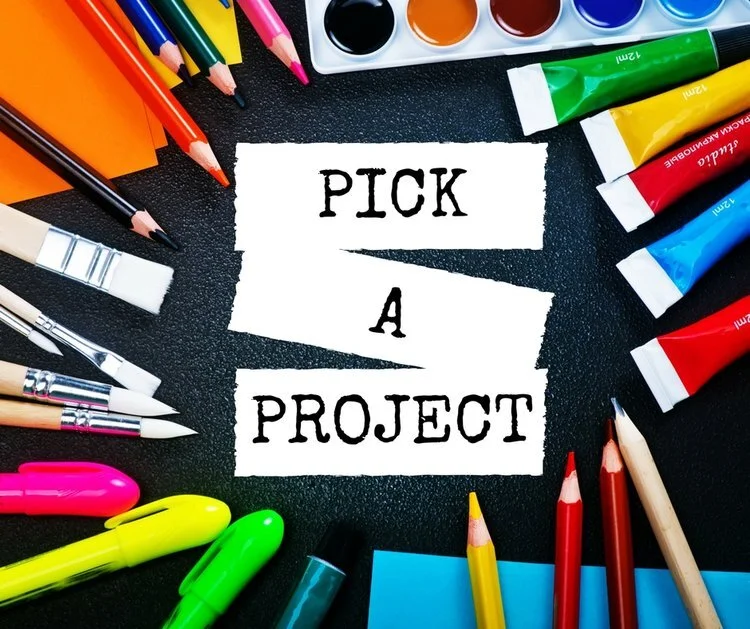Parting Words: Lessons I’ve Learned about Kindness and Kids
Since founding Doing Good Together 17 years ago, I’ve learned an enormous amount about the rewards of weaving kindness and service into family life. Before retiring on September 30 and turning DGT over to our fabulous new executive director, MiaLisa Millares, I want to share the most important, inspiring, and often unexpected lessons I’ve learned after working in the field for almost two decades.
I am deeply grateful to all of you for understanding the profound impact that raising thoughtful, compassionate, engaged children has for their well-being – and that of our families and communities. Under MiaLisa’s leadership, we will continue to add tools and resources to make this practice integral to your lives. Please know that your efforts are making a real difference, one family at a time.
– Jenny Friedman, Executive Director
ACTION
If you’ve been following DGT, these ideas will be familiar. But I can’t stress them enough. This review will remind you of the power (and possibility) of making kindness, compassion, and generosity a daily habit.
It’s critically important to be intentional about practicing kindness with your children. Although parents say that raising compassionate kids is their top priority, researchers tell us that kids aren’t getting the message. Most middle and high school students think their parents and teachers are more concerned about their happiness and academic success than about whether they care for others.
DO THIS:
Talk often and explicitly about the values you prioritize. Say things like: “I think caring for others is more important than a grade on a test” and “Our family treats people with kindness and respect.”
2. Babies split the world into “us” and “them” surprisingly early. This “in-group bias” is normal, yet most parents believe that we should wait until children are 5 years old to talk about race. These parents worry that acknowledging differences will make their children more biased. Research suggests the opposite, however. If you are silent about differences, children are left to assume that the stereotypical (mis)representations in our culture are accurate.
DO THIS:
Starting early, talk about race, gender, and other differences with your kids openly and respectfully. Encourage your child to ask questions and share experiences. This makes them feel more able to recognize discrimination and better prepared to live in a diverse world.
3. Kindness, love, and social connections affect our health and well-being far more than we imagined. Practicing kindness, besides making the world a better place, is incredibly beneficial for the child (or adult!) who does it: it increases resilience, slows aging, decreases stress hormones, improves mood, and predicts better mental and physical health.
DO THIS:
Practice kindness with your kids in ways that are fun, meaningful and engaging. For instance, try our kindness challenges, go on kindness dates, pick a simple service project, or volunteer with your family.
Science has shown that kindness really is contagious. Researchers call it “positive conformity.” When you live generously, you create ripples of kindness that can grow into waves of change.
DO THIS:
Start small. Give your children a compliment in the morning and ask them to share one during the day and report back. Have every family member do the same. Then add other daily kindness habits.
4. Empathy can be taught and nurtured. How to start? Help children learn to regulate their emotions, a critical first step in growing compassionate kids.
DO THIS:
Be your child’s emotion coach. Start early by labeling your child's emotions so they can recognize how they are feeling. Talk about your own emotions and those of the characters in the stories you read.
Do 180s with your child, helping them see the world from other points of view. Let your child know that all emotions are OK but never an excuse for unkind behavior.
Kids know right from wrong early on. (We are moral beings, with infants as young as a few months preferring a “good” to a “bad” puppet.) But doing the right thing is sometimes hard. Being kind can take real courage!
DO THIS:
Talk often with children about how their actions impact others, and use misbehaviors as an opportunity to teach. Also rehearse what to do when faced with difficult situations before they arise, and reflect on how to constructively problem solve.
TALK
DGT encourages families to have big, open-ended conversations with their children using fun questions, awesome children’s books, and by reflecting on your own (and other people’s) acts of kindness and service. A few tips for nurturing these conversations: Avoid judgment, be curious, and make attempts to connect each day, knowing that some conversations will fail but others will sparkle. These kinds of discussions are core to DGT’s mission and might be the parenting practice that has the greatest impact on your family’s life.
READ
I have been amazed by the power of stories to teach values, inspire action, and convey emotions. Reading can make our kids smarter and kinder. I’m also deeply impressed by the increasing number of children’s books that broaden our children’s worldview. We’ve curated an extensive collection; check back often as we continue to add new titles.
INSPIRATION
My wish for you is that you continue. Continue to be who and how you are, to astonish a mean world with your acts of kindness. Continue to allow humor to lighten the burden of your tender heart.
― Maya Angelou, American poet, memoirist, and civil rights activist












